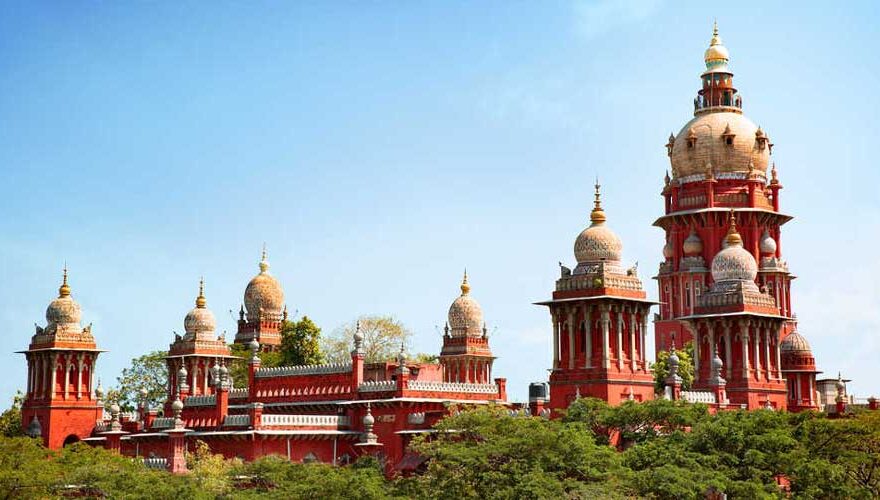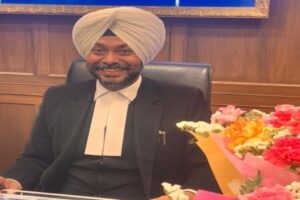
The Madras High Court has recently clarified that while it is the duty of the central government to declare an emergency under Article 352(1) of the Constitution.
Such an emergency can’t be declared in cases of internal disturbance without any armed rebellion.
In a plea filed by Varaaki, seeking the court’s intervention and the invocation of Article 355 read with Article 352 of the Constitution, claiming that the state of Tamil Nadu had failed in its constitutional duty, the court dismissed the plea.
The court observed that the central government also has the duty to declare an emergency under Article 356, but it would not be applicable if the internal disturbance has not resulted in the failure of the constitutional machinery.
The bench, consisting of Chief Justice Sanjay Vijaykumar Gangapurwala and Justice PD Audikesavalu, stated that if the facts presented by the petitioner were considered, the incident of income tax officials being mobbed and manhandled during the arrest of a minister would not amount to an internal disturbance under Article 355.
The court further explained that under Article 226, it does not have the power to direct the Centre to invoke Article 355, as it falls under the purview of policy decisions made by the executive. It emphasized that the current situation should be assessed by those more suited to make such judgments, and any direction from the court would violate the principle of separation of powers.
The bench pointed out that the expression “internal disturbance” implies domestic chaos that poses a security threat, and it requires a case of large-scale public disorder that disrupts the smooth functioning of administration and endangers the security of the state.
Therefore, the court concluded that the present set of facts did not fall within the scope of internal disturbance.




